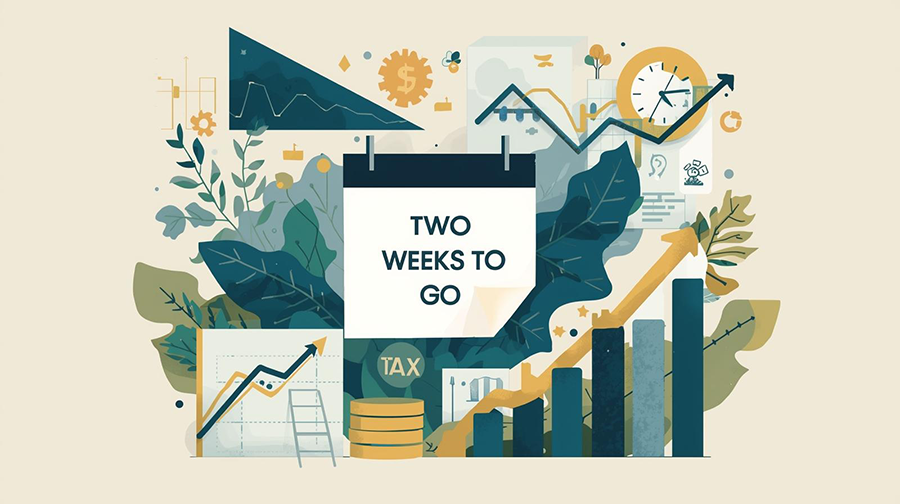
As the holiday season winds down, we are left with warm memories—and lighter wallets. From festive gatherings to generous gift-giving, the financial aftermath of December can weigh heavily on our budgets. Enter the "Great Reset," a post-holiday spending freeze challenge designed to help you rebuild your savings, reassess your spending habits, and start the new year with a fresh financial outlook.
The No-Spend Challenge: A Refreshing Financial Detox
A spending freeze means committing to a period—typically a week or a month—where you eliminate all non-essential spending. Essentials like groceries, bills, and medical expenses are allowed, but dining out, online shopping, and impulse buying are on hold. By removing unnecessary costs, you can regain control over your finances and cultivate a mindful approach to spending.
Why Try a Spending Freeze?
- Rebuild Savings: Holiday expenses often deplete emergency funds. A no-spend challenge can quickly replenish what was spent.
- Break the Cycle: After weeks of consumer indulgence, you can break free from impulsive habits and reflect on your financial goals.
- Rediscover Value: You'll find that some of the best things in life—like time with loved ones—are free.
How to Make It Work
A successful spending freeze requires planning, creativity, and discipline. Here's how to get started:
- Set Clear Goals
Define your spending freeze timeline. Will it last one week? One month? Having a clear endpoint makes the challenge manageable and rewarding. Determine what "essential spending" means to you and create rules accordingly.
- Get the Whole Family On Board
Involve your household in the challenge to foster teamwork and accountability. Use it to teach kids about budgeting and the value of money.
- Take Inventory of What You Have
Before starting, review your pantry, freezer, and household supplies. Use this time to plan meals creatively and avoid unnecessary grocery trips.
- Plan Free Entertainment
The fun doesn't have to cost a dime. Here are a few ideas:
- Nature Walks or Hikes: Explore local trails or parks.
- Game Nights: Dust off your board games or try new card games.
- Movie Marathons: Stream movies you can access or revisit old favorites.
- DIY Projects: Tackle that craft or home improvement idea you've postponed.
- Repurpose and Reuse
Instead of shopping, get crafty. Repurpose old items for new uses, mend clothes, or reorganize your living space to give it a fresh feel without spending money.
- Track Your Progress
Keep a journal or spreadsheet to record how much you've saved during the challenge. Seeing the results in black and white can be incredibly motivating.
Creative Cost-Cutting Ideas
To maximize your savings during the challenge, consider these additional tips:
- Swap Instead of Shop: Organize a clothing or book swap with friends.
- Barter Skills: Exchange services with neighbors, like babysitting for lawn care.
- Cook from Scratch: Skip takeout and experiment with simple, home-cooked meals.
- Cancel Subscriptions: Pause unused streaming services or memberships for the duration of the freeze.
- DIY Gifts or Cards: Opt for heartfelt, homemade items if birthdays or anniversaries fall during your no-spend period.
Embrace the Reset
The Great Reset isn't about deprivation—it's about empowerment. By committing to a no-spend challenge, you'll develop resourcefulness, strengthen your financial discipline, and cultivate a deeper appreciation for what you already have.
Start your post-holiday spending freeze today and experience the satisfaction of watching your savings grow. Remember, the goal isn't perfection; it's progress. Let this challenge be the first step toward a more financially confident new year!
Disclaimer:
This article is for informational and educational purposes only and does not constitute financial, investment, or legal advice. The strategies and ideas discussed herein are not intended to replace the advice of a licensed financial advisor, and readers are encouraged to consult with appropriate professionals to determine what strategies are suitable for their individual circumstances. Past performance is not indicative of future results, and all investments carry risks, including potential loss of principal. This article does not promote or endorse any specific financial products or services regulated by the U.S. Securities and Exchange Commission (SEC).












